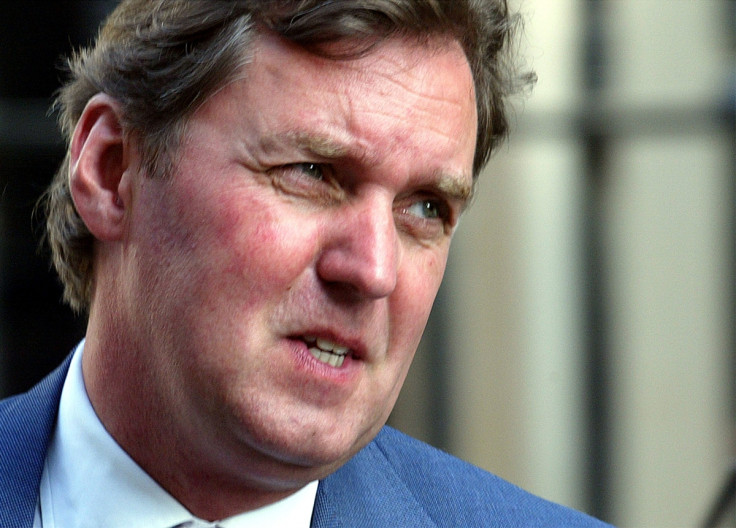Government's Social Mobility Tsar Slams Coalition Child Poverty Plan

The UK government's poverty tsar has branded its plan to tackle child poverty a "farce".
Alan Milburn, a Labour MP and chairman of the Social Mobility and Child Poverty Commission, claimed that the government's draft child poverty strategy is a missed opportunity.
Milburn made the comments as the commission found that 3.5 million children will be in absolute poverty - almost five times the number needed to meet the government's legal obligation to end child poverty by 2020 - and that the government lacks "any credible plan to get back on track".
The research, carried out for the commission by Landman Economics and the National Institute for Economic and Social Research, found that the 2020 child poverty targets will be missed by a large margin even if the UK achieves Organisation for Economic Co-operation and Development recommended employment rates.
The research estimated that even "heroic assumptions" about parental employment rates and earnings would still leave more than three million children - 21% - in absolute poverty by 2020.
"The farce of ministers proving unable to agree on how to measure poverty after rubbishing existing measures is particularly lamentable," Milburn added.
"The government's approach falls far short of what is needed to reduce, yet alone end child poverty in our country."
He added: "This is not just an issue for the current government. Politicians from all parties say they are committed to the 2020 targets. Willing the ends without the means today merely becomes a broken promise tomorrow."
The commission's research also found that achieving the government's 2020 targets within the current tax and benefit system would require parental employment rates of close to 100% combined with big increases in the working hours of families in working poverty over and above the requirements of Universal Credit.
Such employment outcomes for parents are implausible, according to the commission.
The group explained that they are "far more ambitious" than have ever been achieved in the UK or anywhere else in the world.
In particular, the commission claimed the government's child poverty plan had a lack of any clear measures to assess progress with the government continuing to distance itself from statutory measures in the Child Poverty Act 2010 - which senior ministers describe as "discredited" - without suggesting any alternatives.
A spokesman for the Department of Work and Pensions said: "We remain committed to our goal of ending child poverty by 2020. Our strategy outlines plans to tackle the root causes of poverty, including worklessness, low earnings and educational failure.
"This approach is a better reflection of the reality of child poverty in the UK today and is the only way to achieve lasting change.
"Under this Government there are 300,000 fewer children living in relative income poverty and 100,000 fewer children in workless poor families. We have just seen the largest rise in employment for over 40 years and unemployment is falling. But there is more to do - and we are getting on with that job.
"The commission's own research highlights the weaknesses of the current child poverty measures - calculating poverty by income alone fails to address the issues which hold people back and that's what we're tackling."
© Copyright IBTimes 2025. All rights reserved.






















